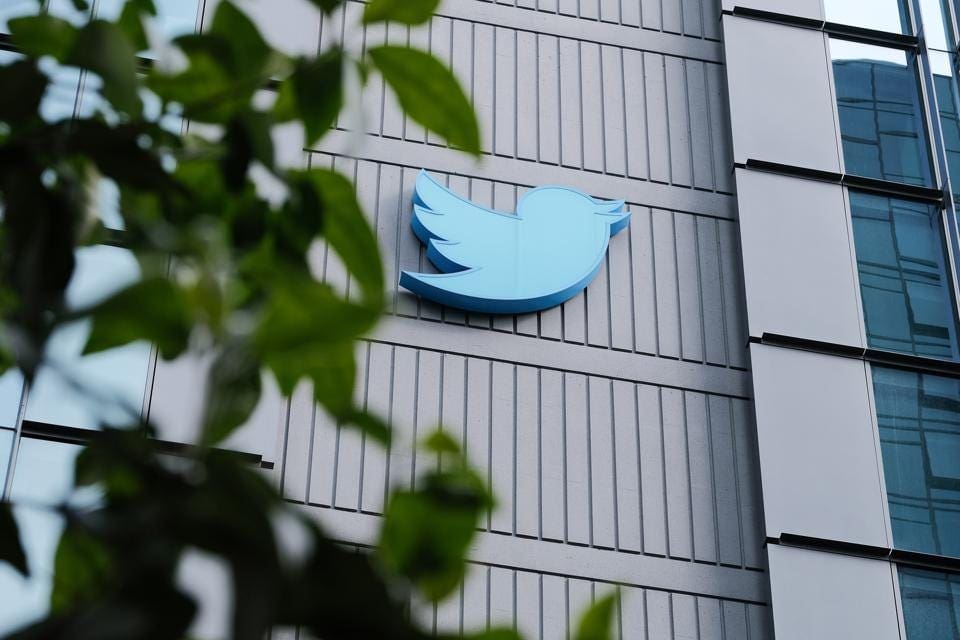Since Elon Musk acquired Twitter, media coverage of his management style to date has been intense, and mostly negative. There have been a lot of workers let go and plenty of talk about how Mr. Musk is pushing workers hard. The majority of Mr. Musk’s actions can be judged on whether they constitute sound management. However, some of Mr. Musk’s statements touch on employment law and could land Twitter in court.
Twitter Lay Offs
Almost as soon as Mr. Musk took over Twitter, the company laid off a significant number of its employees. There are several potential legal issues that these workers need to be aware of.
First, the initial round of layoffs implicates the Worker Adjustment and Retraining Notification (WARN) Act. This law requires covered employers to provide 60 days’ notice when they intend to shut down a plant or initiate a layoff of a certain size. Some former Twitter employees contend they did not get the required advance notice.
Second, even if Twitter didn’t violate the WARN Act, some former employees are accusing Twitter of not providing promised benefits and severance pay and that this is a breach of contract. For example, some workers claim they were supposed to receive at least two months’ severance pay, but only got one month.
A recently filed lawsuit alleges that Twitter violated the WARN Act and breached its contract with affected employees in regard to its severance pay and benefits.
Workplace Accommodations
The merits of “hustle work culture” may be up for debate, but it is generally not illegal. Mr. Musk has said he wants Twitter’s workforce to be “extremely hardcore” and work “long hours at high intensity.” He is also revamping Twitter’s remote work policy. What used to be a work-from-home-forever policy has been replaced with a policy that only allows individuals to work from home “on an exception basis for exceptional people.”
If these policies are not implemented properly, they could lead to a violation of one or more workplace laws. For instance, limiting the ability to work from home and increasing the number of hours worked could make it harder for employees with disabilities to receive reasonable accommodations under the Americans with Disabilities Act of 1990 (ADA).

Generally, it is not a violation of the ADA for an employer to require more than at 40-hour work week. However, an individual employee with an ADA-covered disability could require a temporary reduction in work hours as a reasonable accommodation.
A blanket requirement that employees work long hours could violate the ADA rights of someone with such an accommodation. Note that any accommodation is likely to be temporary. Courts generally are willing to consider a temporary reduction in work hours or even time away from work as an accommodation. More long-term work-reduction needs are generally not considered a reasonable accommodation under the ADA.
Also under the ADA, it is possible that telework could be a reasonable accommodation. A blanket, and unbending, requirement that workers return to the office could violate the ADA rights of someone for whom telework is a reasonable accommodation. Twitter does allow that the reversal of its work-from-home policy is subject to exception, which presumably could be for those subject to accommodation.
The other potential and far-reaching legal problem with these statements is that an employee lawyer like me could argue that it demonstrates a culture hostile to accommodating those with disabilities. Often, legal fights over the ADA turn on whether the company engaged in a “good faith” negotiation. While Mr. Musk’s ultimatum is not illegal on its face, one could argue that it sets a tone inconsistent with the ADA in which Twitter’s approach is not to engage in any type of good faith negotiation but rather to offer a one-size-fits-all, “my way or the highway” option.
Sex-Based Discrimination
It is illegal under the Title VII of the Civil Rights Act of 1964 for an employer to discriminate against an employee on the basis of sex. While Mr. Musk’s exhortations are not on their face sex-based discrimination, they could raise problems if Twitter’s ax falls disproportionally on women, who research shows bear the brunt of household labor and thus may not be able to do things like sleep at the office.
In addition, this type of bravado could be highlighted in those cases where women or men argue that they are being discriminated against on the basis of their childcare responsibilities, which, in certain circumstances, can be illegal under federal and state law. It is easier to be “hard core” when you do not have children as opposed to when you have a newborn at home.
Note that is does not mean that a parent by law is entitled to workplace accommodations not available to an employee without children. Yet employers can get in hot water when managers take action against an employee based on the erroneous belief that a parent cannot be as “hard core” as his childless worker down the hall, a phenomenon with is sadly common.
Noncompetes
I have not seen Twitter’s severance agreement. But any employee looking at a severance agreement should read the fine print to make sure there is not a burdensome non-compete clause tucked in the contract which could make it difficult to find a similar job in the same location.
Three months’ severance is a raw deal if taking it means that you cannot work in your field for a year or more. Better to turn down the agreement completely and avoid effectively locking yourself out of the workplace for an extended amount of time.

Bottom Line
Twitter users and other commentators are weighing on the propriety of Mr. Musk’s statements. As a legal matter, they are not stand-alone improper. However, the broad brush approach could result in actions by Twitter that touch on both federal and state law. Clearly, the last chapter has not been written on these developments. Stay tuned.